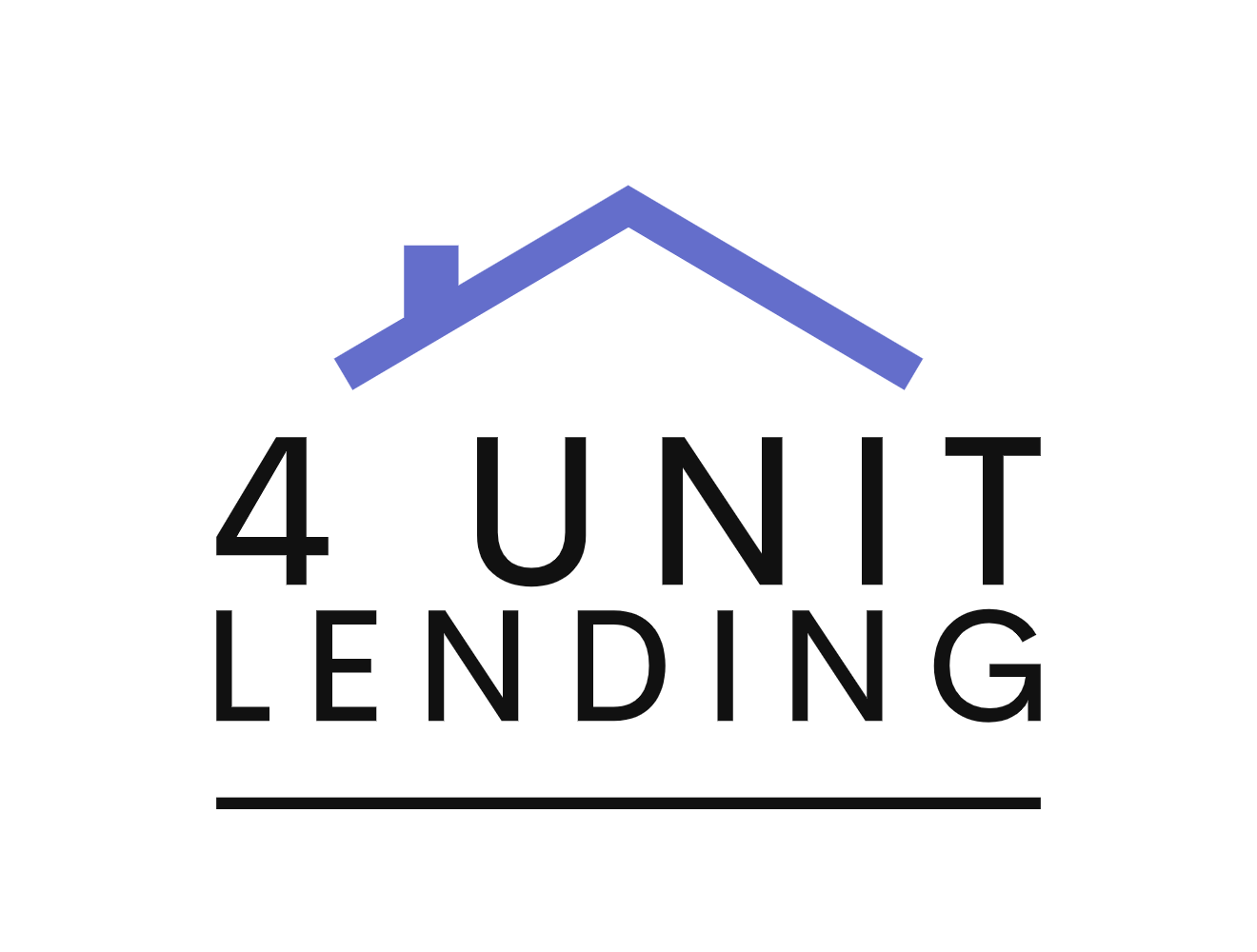Key takeaways
A deed in lieu of foreclosure allows you to avoid foreclosure and any court proceedings by giving your lender the deed to your house.
A deed in lieu can do less damage to your credit than a foreclosure but means you need to give up your home sooner.
Lenders aren’t required to accept a deed in lieu, so you may need to explore other foreclosure alternatives.
What is a deed in lieu of foreclosure?
A deed in lieu of foreclosure is the legal process in which the title of a home (the deed) is transferred from the homeowner to their mortgage lender to prevent (in lieu of) foreclosure.
The deed in lieu is the legal document that is signed by the homeowner to make the transfer complete, says Jackie Boies, a senior director of housing services at Money Management International, a nonprofit debt counseling organization based in Stafford, Texas.
Key terms
The property deed is your proof of ownership and is the legal document that transfers ownership to a certain party.
Your mortgage lender starts the process of foreclosure when you stop making your regular mortgage payments. This is the court proceeding by which the lender takes ownership of your home to satisfy the unpaid balance on your mortgage and any late charges, penalties, legal fees and court costs generated by the foreclosure process.
How does a deed in lieu of foreclosure work?
If you can’t afford your monthly mortgage payments and have little equity in your home, you can request a deed in lieu of foreclosure from your lender. If the lender agrees, you’ll sign over your home and the lender will try to sell it.
You might be wondering: Will I owe money after a deed in lieu of foreclosure? The answer is maybe. After the transfer, you’re no longer obligated to pay your monthly mortgage payment. Depending on the arrangement you reach with your lender, you may not have to repay the remaining balance due on the mortgage. If that’s the case, you’ll be released from your mortgage debt. Once the deed in lieu is complete, your lender will attempt to sell the home to pay off the remaining debt.
Foreclosure vs. deed in lieu
A foreclosure and a deed in lieu have one main thing in common: In either situation, the lender takes full ownership of a property from a homeowner who hasn’t made their mortgage payments. But there are also several differences between the two, including:
Deed in lieu
Mutual agreement between a homeowner and their lender
In exchange for returning the property to the lender, the homeowner’s monthly financial obligations end, and if properly handled, their mortgage debt is canceled.
Can stay on a credit report for seven years, but does less damage than a foreclosure
Foreclosure
Involuntary arrangement where the lender takes back the property from the homeowner
Lender might take steps to recoup any money owed, which might also be contingent on whether or not you filed for personal bankruptcy before the foreclosure
Can stay on a credit report for seven years and is more damaging to credit
A deed in lieu of foreclosure is generally a last-resort step taken by a homeowner to avoid a foreclosure, says Alesia Parker, branch manager at Silverton Mortgage, an Atlanta-based residential lender. In a foreclosure, the bank could sue the homeowner for any amount they were unable to recoup if the home sells for less than what is owed on the mortgage — known as a deficiency judgment.
Pros and cons of a deed in lieu of foreclosure
Pros
It likely has a lower impact on your credit score: Homeowners who have exhausted all of their options might find a deed in lieu to be a more favorable solution because the impact on their credit is generally less harmful than a foreclosure.
It may make it possible to buy a house sooner: Borrowers who have completed a deed in lieu must wait up to four years before applying for a new home loan. If you have a foreclosure on your record, the waiting period is up to seven years.
There’s less public embarrassment: Your home won’t be listed as foreclosed for neighbors to see.
Cons
Surrender your home sooner: You won’t have any control over the timing of your home’s sale, and many homeowners struggle with surrendering the home they put so much effort into purchasing and maintaining.
Cannot pursue alternative mortgage relief options: Homeowners usually can miss several payments before foreclosure, typically about three, before proceedings start, giving you time to look into alternatives. If you choose to pursue a deed in lieu of foreclosure without realizing that other options are available, like a loan modification, you may miss out on the potential for saving your home.
Loss of any equity in the property you might have: If you enter into a deed in lieu of foreclosure, you forfeit your right to any equity, income or investments associated with your home.
Alternatives to avoid foreclosure
If you’ve already missed one or more payments, reach out to your lender and be honest about your financial situation. There may be options for loss mitigation lenders can offer you to avoid foreclosure, These include:
Loan modification: A loan modification is similar to a refinance and can help you get caught up on your mortgage with more affordable payments, avoiding foreclosure altogether. The loan modification reduces your monthly payments, either by lowering the interest rate or extending the mortgage term.
Short sale: Similar to a deed in lieu of foreclosure, a short sale is where the homeowner and their lender come to an agreement for the home to be sold for less than the balance due on the mortgage. The lender and the buyer must agree on a sales price.
What borrowers should know about deed in lieu of foreclosures today
Sometimes, taking a deed in lieu is a logical option — but it depends on your specific circumstances. For example, if you give up your home willingly, some lenders offer relocation assistance to help you find a new place to live. Plus, with a deed in lieu, you’re more likely to have your mortgage balance forgiven, which will also help you get back on your feet. Sometimes the lender will even give you “cash for keys” because it wants a smooth handover process and the property back in good condition.
“A deed in lieu of foreclosure can help you avoid litigation,” says Parker. “It is generally a much quieter transaction than a foreclosure, meaning it may help the homeowner avoid some embarrassment and some costs associated with foreclosures. It is also possible that the homeowner’s credit will be less impacted compared to a full foreclosure.”
How to get a deed in lieu of foreclosure
It’s not always simple to get a deed in lieu of foreclosure, but the process starts with contacting your mortgage servicer. You have to qualify for a deed in lieu, so you’ll need to speak with your servicer to understand all of its loss mitigation options. Keep good written records on who you talk to, their contact info and what was said or agreed to.
Some mortgage lenders will not agree to a deed in lieu, depending on the current property condition and if there are tax liens or judgments against it for failure to pay property taxes. Lenders are responsible for any judgments or tax liens, says Boies, so they have to consider the cost of releasing any liens as part of the deed in lieu.
“The representative will discuss your financial situation and verify that you’re unable to afford your mortgage, a disposition option is needed and which of them is the best fit,” says Boies. “Your mortgage servicer does not have to offer a deed in lieu.”
Some of the determining factors are based on the requirements of Fannie Mae, Freddie Mac, the USDA or the VA (if the loan is guaranteed by any of those parties). For example, Freddie Mac requires you to have experienced an eligible hardship to qualify. The current market value of the home also has an impact on your servicer’s decision.
Reasons a lender might reject your deed in lieu
While a deed in lieu can be an excellent option for you as the borrower, your servicer does not need to agree to one. Your approval odds depend on a variety of conditions, including:
Your current mortgage balance
Other claims on the property
The number of payments you’re behind on
The property’s value
Local real estate market conditions
If the lender thinks it could sell your property quickly and recoup its cost, it might agree. If homes are selling slowly in your area, the lender may not want to take on the responsibility for upkeep after you’ve moved out.
Reasons a lender might accept your deed in lieu
All of this said, when comparing a foreclosure vs. deed in lieu, the deed in lieu can offer the lender some benefits. Specifically, a lender might offer you this option for:
Lower costs — litigation during foreclosure isn’t cheap for the lenders, either
The possibility of selling your house in a hot local market
Better property condition (since you’re turning the keys over willingly, you’re less likely to trash the place)
A faster process than going through a full-blown foreclosure
Frequently asked questions
How does a deed in lieu affect your taxes?
What documents do you need to sign a deed in lieu?

